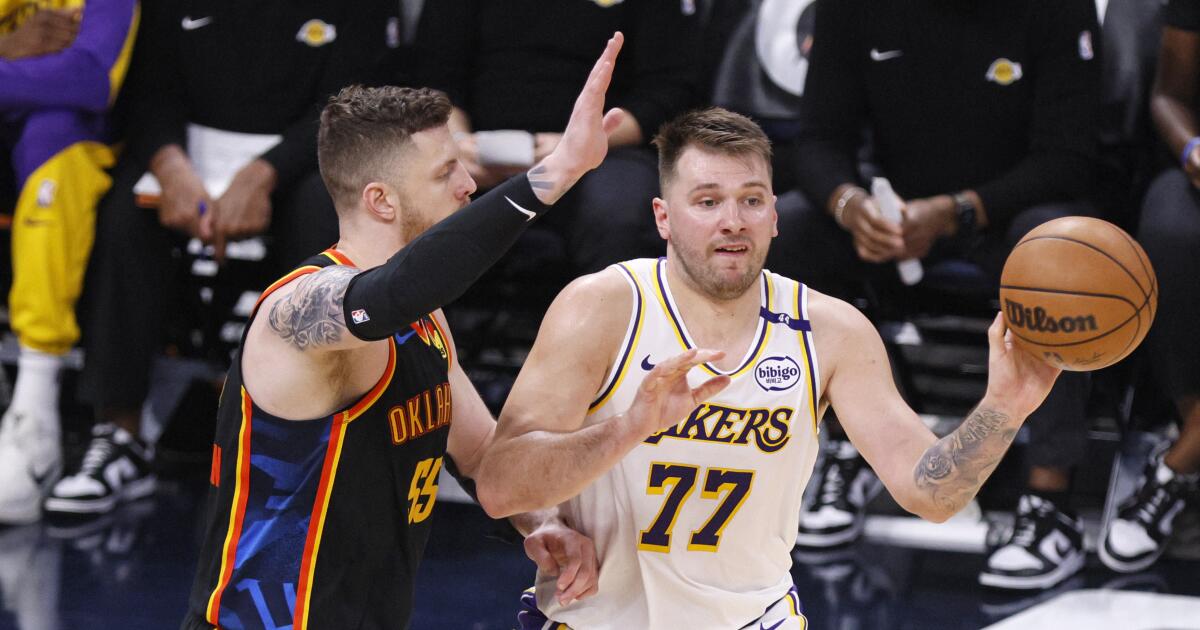On March 11, 2025, former Philippine President Rodrigo Duterte was arrested in Manila upon returning from a trip to Hong Kong. The warrant for his arrest came from the International Criminal Court (ICC), marking a dramatic shift for a leader who was once the country’s most popular figure. Just a few years ago, he was seen as invincible, but now he faces serious charges related to his notorious war on drugs.
Duterte is the first former leader from Asia to stand trial at the ICC. This is significant for victims’ families who have long awaited justice for the thousands of deaths linked to his anti-drug campaign. Official statistics indicate around 6,200 fatalities, but human rights groups suggest the number could be over 30,000. This discrepancy highlights the ongoing debate over accountability in the Philippines.
Current President Ferdinand Marcos Jr. acknowledged on the day of the arrest that Duterte would face “charges of crimes against humanity.” He emphasized the Philippines’ role in cooperating with the international community, noting, “This is what the international community expects of us as the leader of a democratic country.”
Interestingly, Duterte’s vulnerability stems from a power struggle with Marcos Jr. Their alliance began to crumble when Duterte publicly criticized the current president. This feud opened the door for the ICC’s actions and hinted at a broader shift in Philippine politics. Expert Carlos Conde from Human Rights Watch explained, “If the Marcos-Duterte alliance hadn’t fractured, we might not be witnessing this situation.”
The political scene has also changed with increasing attention on the South China Sea disputes. Under Duterte, the Philippines maintained a friendly stance toward China, while Marcos Jr. has taken steps to assert Philippine sovereignty. This pivot has gained him public support, particularly during tensions with Chinese military forces. Duterte’s past inaction has become a point of criticism against him.
Despite the arrests and ongoing investigations, the potential for real change in the Philippines remains uncertain. Many of Duterte’s allies still hold key positions in government. For instance, former police chief Ronald “Bato” Dela Rosa, who oversaw many drug war operations, is still active in the Senate. This continuity suggests that calls for reform must contend with entrenched political realities.
Former Senator Leila de Lima, a vocal critic of Duterte’s methods, expressed hope that his arrest could lead to broader accountability. She noted, “The [Philippine National Police] did not investigate the killings because they were the killers.” De Lima highlighted the importance of building strong institutions to prevent future abuses of power. “We need laws that can withstand the next time a leader like Duterte tries to rise to power,” she said.
However, the road ahead is complex. Reports indicate that drug-related killings haven’t stopped entirely under Marcos. The Dahas Project noted an increase in killings in Cebu, often involving contract killers rather than police. This continuation underscores that systemic issues persist, and the culture of impunity established under Duterte remains entrenched.
As Duterte’s trial progresses, experts anticipate it could have lasting impacts on Philippine politics. His ongoing popularity among supporters might strengthen his political allies, despite the serious allegations against him. Political researcher Joel Ariate stated, “Duterte’s arrest will likely solidify support for him and those around him.”
In conclusion, while Duterte’s arrest is historic, it represents only the beginning of what could be a lengthy and complex legal journey. As the ICC takes its course, the Philippines stands at a crossroads, determining whether to confront its violent past or allow the cycle of impunity to continue.
Source link
drugs & crime,homepage_regional_asia,human rights,philippines,politics










